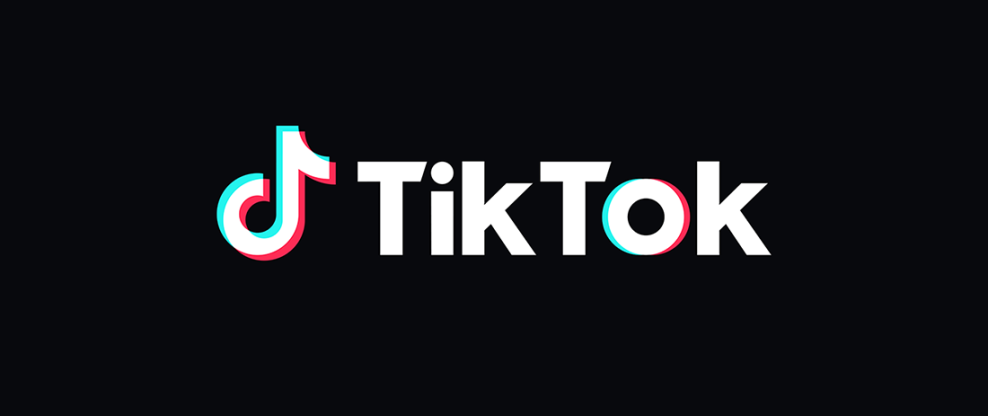(Hypebot) — From “It’s corn” to “Bed Intruder Song,” The Gregory Brothers have been behind some of the biggest funny meme songs on the internet.
by Sarah Kloboves if Chartmetric
Ah, the beauty of corn. You’d be hard pressed to find someone who captures its essence better than 7-year-old viral superstar Tariq, who describes it as “a big lump with knobs.”
“It has the juice,” he says. “I can’t imagine a more beautiful thing!”
After the Recess Therapy interview debuted on Aug. 25, the video rapidly went viral as viewers’ hearts melted from Tariq’s sincere passion for corn. While the original TikTok quickly gained popularity, its proper takeoff as a meme didn’t occur until the user “Schmoyoho” remixed Tariq’s words into a catchy song. The track has since been used in 900K+ TikTok videos, receiving 74M total views on TikTok and 5.8M views on YouTube.
While Tariq’s viral explosion is yet another example of the power of internet memes, arguably the most interesting aspect of “It’s Corn” actually lies behind the creators of the funny meme song that the viral video spawned.
A Decade Under The Gregory Brothers’ Influence
Releasing songs under the username “Schmoyoho,” the family band “The Gregory Brothers” have been creating some of the internet’s most significant hits for over a decade. You may recognize the TikTok hit “Chrissy Wake Up,” which gained 20 million views earlier this year, or even the iconic “Can’t Hug Every Cat” video that took over YouTube 11 years ago. The Gregory Brothers’ most notable project, “Bed Intruder Song,” even made its way to No. 89 on the Billboard Hot 100 charts in 2010 and currently has 152M YouTube views.
Since their debut in 2007, the family’s approach to making viral hits has remained relatively the same: Discover a funny video before it trends, turn it into a “meme song,” and let the internet work its magic. Now, fast forward a dozen years, and the potential for meme hits has only increased with society’s switch from long-form video content on YouTube to short-form TikTok content. In addition, TikTok not only incentivizes users to watch content but also further inspires them to generate their own, making the soundtrack an integral part of both the consumption and also the creation process. As a result, the likelihood of viral music moments now occurs at a faster, more frequent rate.
Music Reach for Funny Meme Song Creators
Another significant difference between meme songs of the 2020s and meme songs of the 2010s has to do with what happens after a song has gone viral. For most of the 2010s, fans typically remained on YouTube for free rather than heading to iTunes to pay roughly a dollar for a song. Today, the availability of affordable music streaming allows for fans to engage further with the content they may enjoy on YouTube or TikTok. Fortunately, that’s also multiplied the number of measurable engagements that music consumers generate.
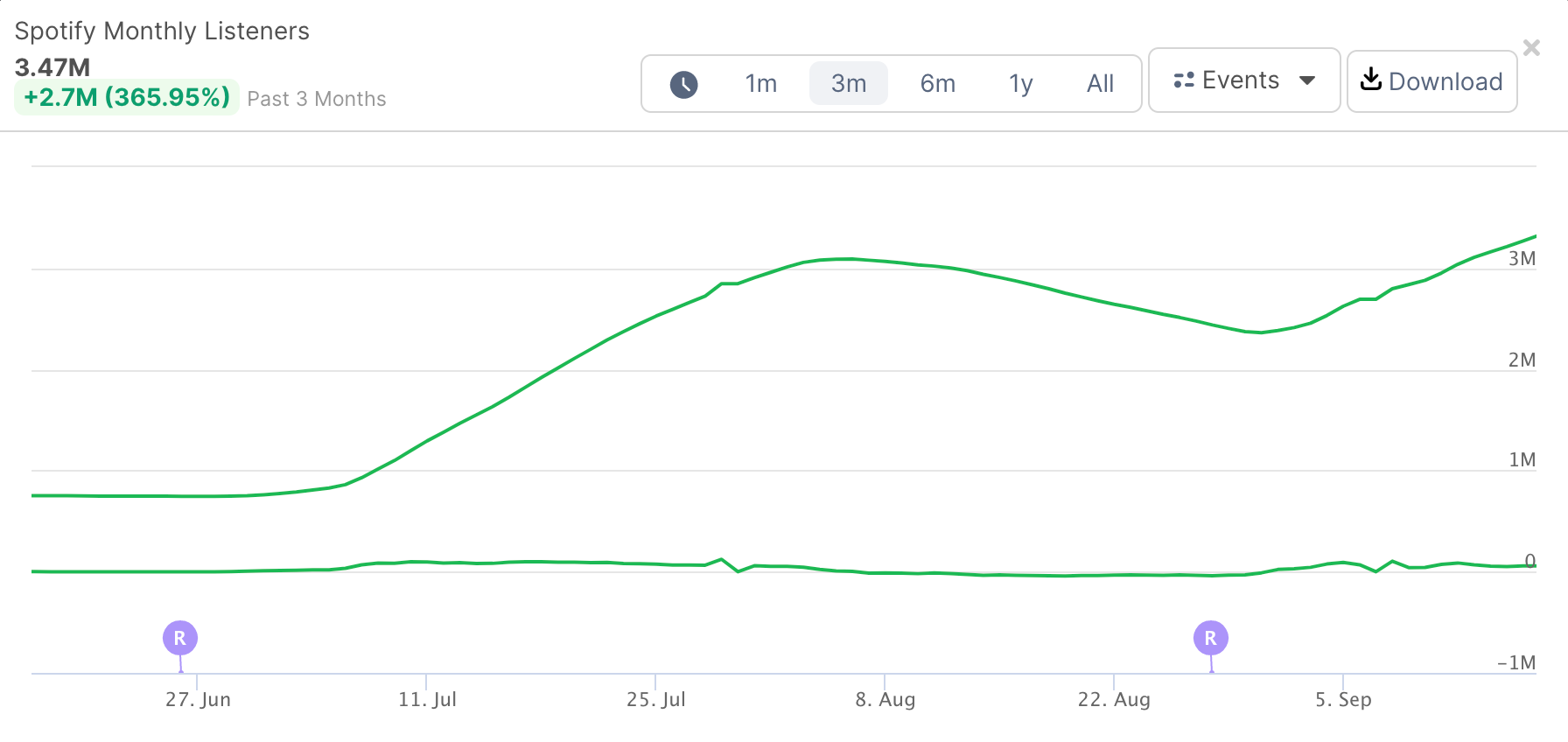
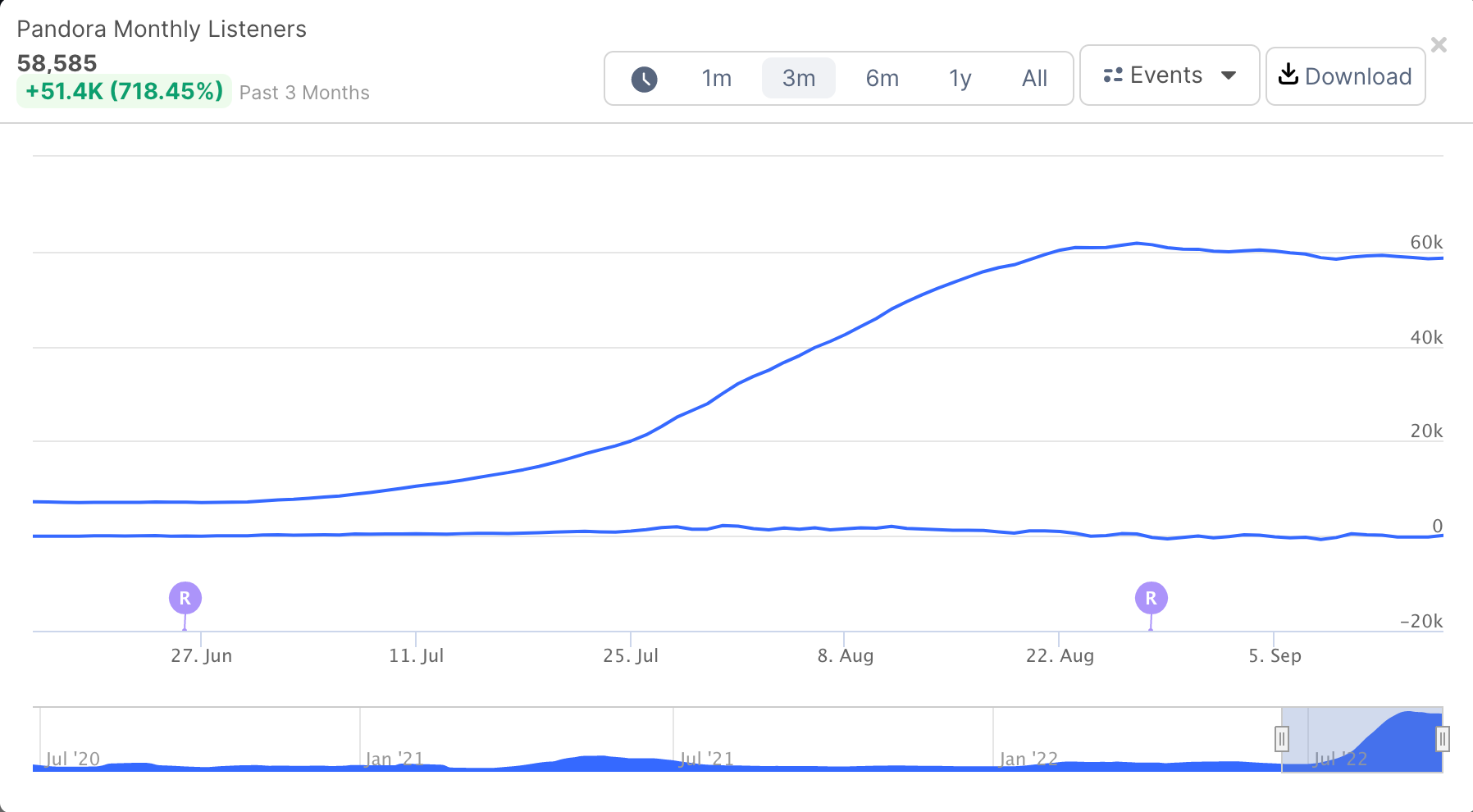
For instance, in the three months following the debut of “Chrissy Wake Up,” The Gregory Brothers saw an increase of +2.7M Spotify Monthly Listeners (366%) and +51.4K Pandora Monthly Listeners (718%). Much of that reach on Spotify and Pandora is thanks to both “It’s Corn” and “Chrissy Wake Up” being featured on popular playlists like “TIKTOK TOP 50” and “Popular TikTok Songs.” In fact, on Spotify, “It’s Corn” has been featured on 2.4K+ playlists, with a total playlist reach of 7.53M, while “Chrissy Wake Up” has been included in 4.5K playlists, with a total playlist reach of 9.56M.


The Gregory Brothers might not be a household name like Bad Bunny or Rihanna, but the amount of listeners their funny meme songs are reaching on streaming platforms is nothing to sneeze at. In fact, it puts them in the top 2.5K artists on Spotify in terms of monthly listener count. Considering there are more than 8M artists on Spotify, that’s some good company they’re keeping.
Social Growth for Funny Meme Song Creators
Streaming success aside, where The Gregory Brothers really benefit from their funny meme songs is, naturally, on social media.
Since creating an Instagram in March, the family band, who go by Schmoyoho on social media, didn’t gain significant recognition on the app until “It’s Corn” spiked their following by +25.3K (81%). In fact, many users didn’t actually know Schmoyoho was creating these internet hits until a video explaining the history of the Gregory Brothers also went viral, ultimately opening the eyes of millions of Gen Z’s who weren’t around for “Bed Intruder Song” or “Can’t Hug Every Cat.”
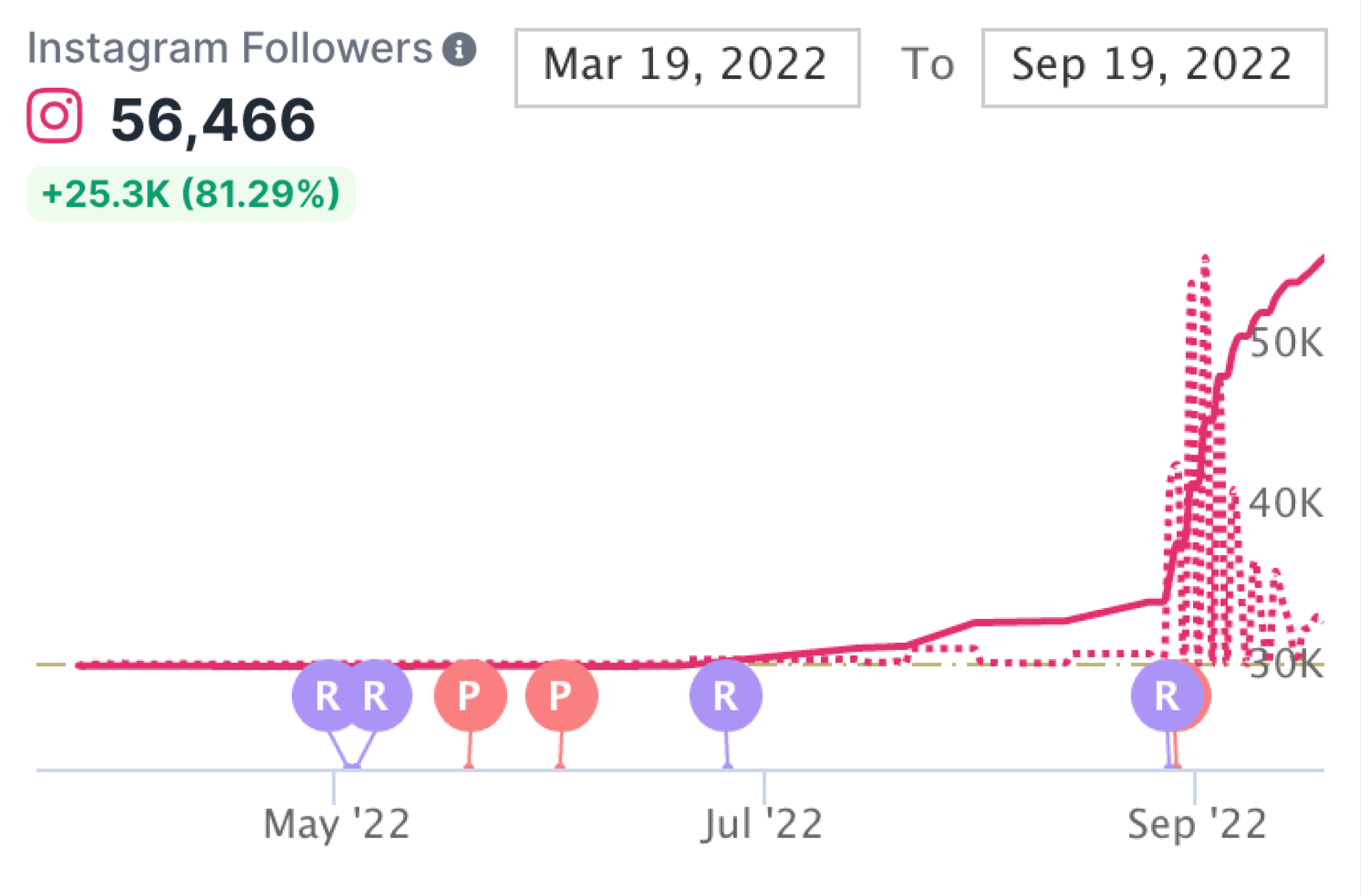

Evidence of this social impact was also present on older platforms such as Twitter and Facebook. When comparing the pre-TikTok and post-TikTok followings for both sites, it’s clear that there had been a significant revival after years of either stagnant social growth or even decline.
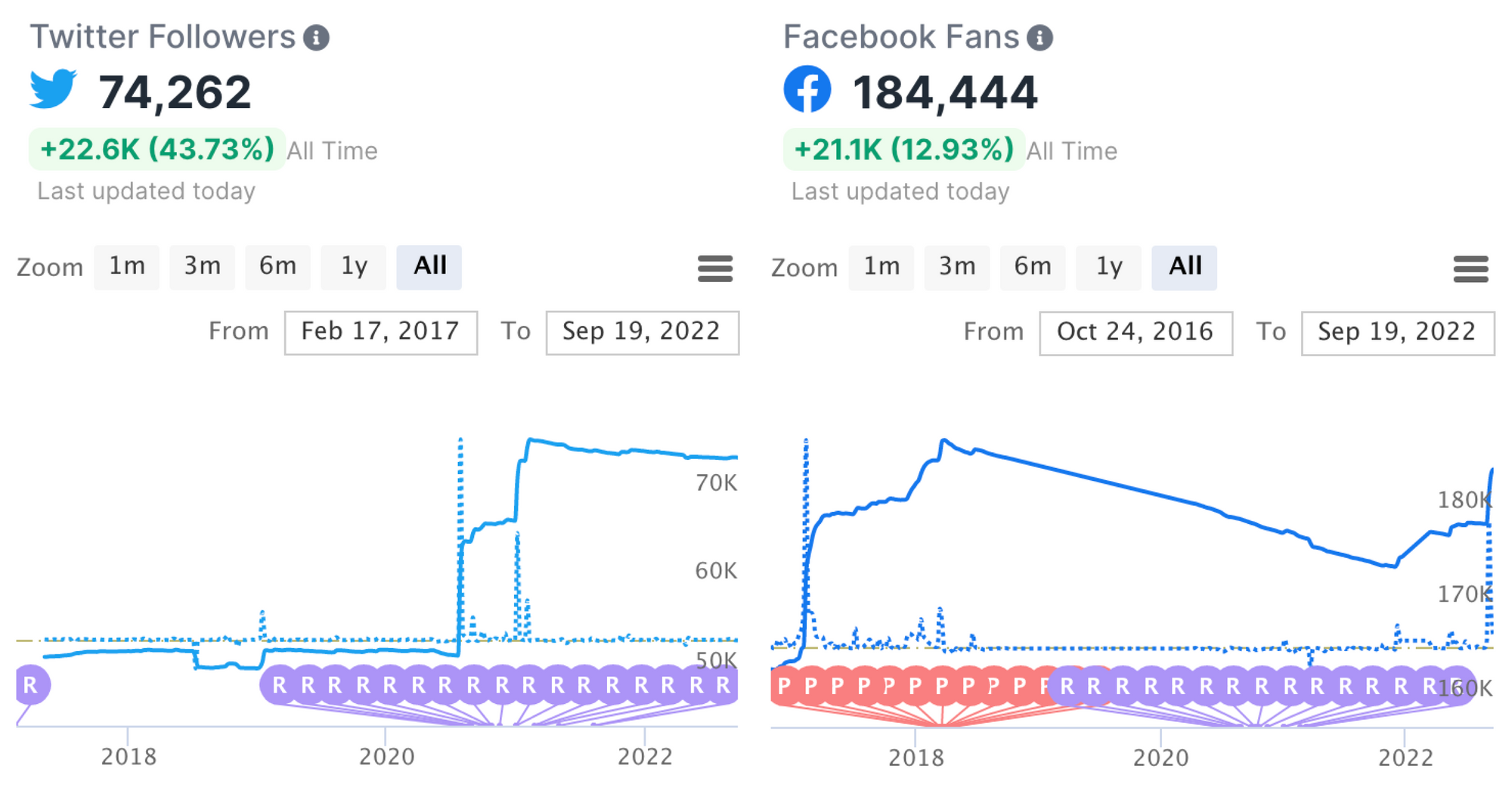
The benefit of this newfound social growth for The Gregory Brothers is that they can now engage with listeners like any fan would with any other artist. Whether they like it or not, they’re now more than just the wizards behind the curtain, and what they do with that visibility will be interesting to watch. Are big music companies already knocking on their door? Will their success serve as a model for other creators looking to capitalize on the viral power of TikTok music? Or, will they let the hype pass and quietly disappear until the next funny video comes along and helps them laugh all the way to the bank?
The Power of a Funny Meme Song
Music in comedy and comedy in music is no new invention, but recent innovations in online landscapes have allowed the genre to bloom in new and interesting ways. From the 2010s YouTube era to the TikTok explosion of the 2020s, the generative power of memes and internet culture is creating new opportunities for creators to complicate traditional notions of what it means to be a successful musician.
Whether you were around for classics like “Can’t Hug Every Cat” or if you find yourself singing “It’s Corn!” for the millionth time, you can be sure that memes will always be around to give the world the laughs it needs.

